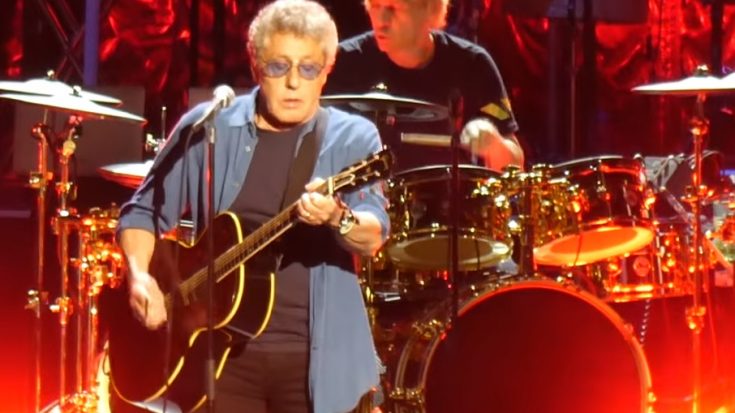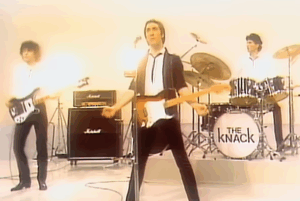Legendary Classic Rock Bands’ Farewell Tours Often Aren’t Final Goodbyes

The Who live in 2019 - Steve Easton / YouTube
In rock music, the phrase “farewell tour” doesn’t always mean the end. Bands like KISS and Mötley Crüe have made headlines for embarking on final tours, only to return to the stage later. For fans, this cycle of goodbyes and comebacks can be both frustrating and exciting, as it keeps the music alive but blurs the line between true finales and marketing strategy.
The Who, one of Britain’s most influential rock acts, is now in the spotlight regarding this trend. In a recent interview with The New York Times, the surviving members hinted that their current farewell trek may not be their last chapter. For longtime followers, this is a familiar story, as the band has said goodbye more than once before.
Ultimately, farewell tours have become less of a final curtain and more of a pause button. Whether it’s due to fan demand, financial incentives, or simply the enduring love of performance, rock icons often find themselves back on the road again. The Who’s latest tour may prove to be another case of this rock and roll tradition.
The Who’s History of “Final” Tours
The Who’s history with farewell tours stretches back decades. In 1982, after years of internal tensions, they launched their first so-called swansong across North America and Canada. The band officially broke up in 1983, only to reunite two years later for the historic Live Aid concert at Wembley Stadium. That moment reminded the world that even when bands declare the end, music has a way of pulling them back.
Fast forward to 2015, guitarist Pete Townshend announced yet another farewell tour, this time tied to The Who’s 50th anniversary. Fans flocked to see what was billed as their last major outing, but the band resumed performing just two years later. In 2017, they were back on the road, even performing their groundbreaking 1969 rock opera Tommy in full.
This pattern highlights how The Who, like many of their peers, have a complicated relationship with goodbyes. Each farewell carries the weight of history, but it also leaves a window open for unexpected returns. For fans, that unpredictability has become part of the experience of following the band.
View this post on Instagram
The Present Farewell and Future Possibilities
The Who’s current tour, aptly named “The Song Is Over,” has already stirred speculation. Shows at major venues, including Newark’s Prudential Center, have been framed as part of their final live chapter. Yet, both Pete Townshend and Roger Daltrey gave contrasting perspectives in their recent interviews. Townshend, at 80, admitted that life on the road no longer appeals to him, stressing his desire to spend time with family, friends, and even his dogs.
Despite this, he also jokingly acknowledged the band’s long history of swindling audiences with repeated farewells. That sense of humor underscores the unpredictable nature of rock retirements. As Townshend put it, any future for The Who largely depends on Daltrey’s vision.
Daltrey himself emphasized that this farewell is more about the physical demands of touring than an end to the band’s creative output. He suggested residencies or smaller projects might still be possible, making it clear that The Who as a musical force isn’t finished. For fans, that means while the road may be ending, the music could very well continue in new forms.











